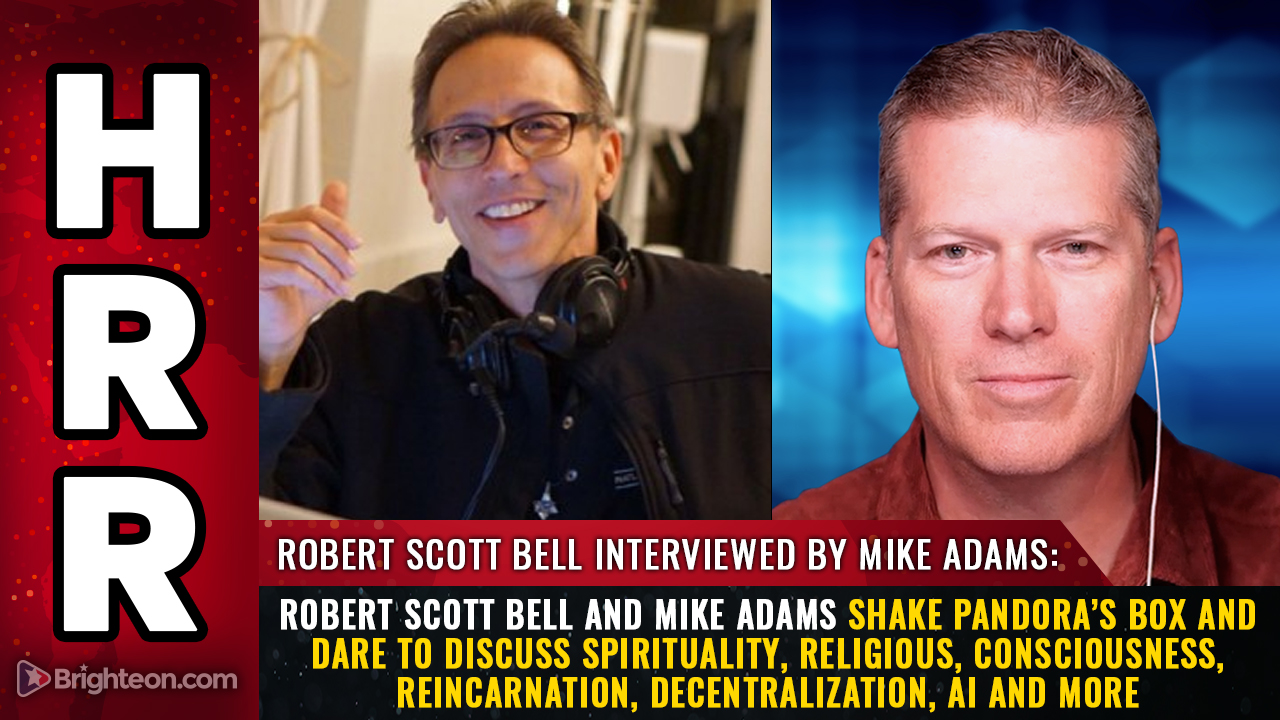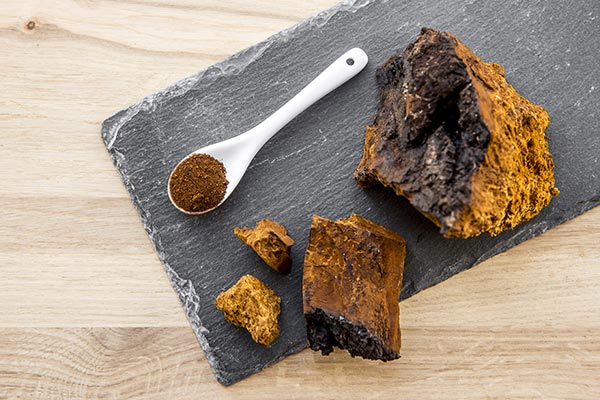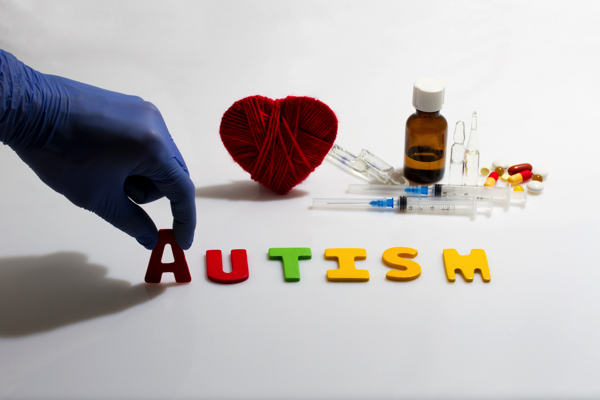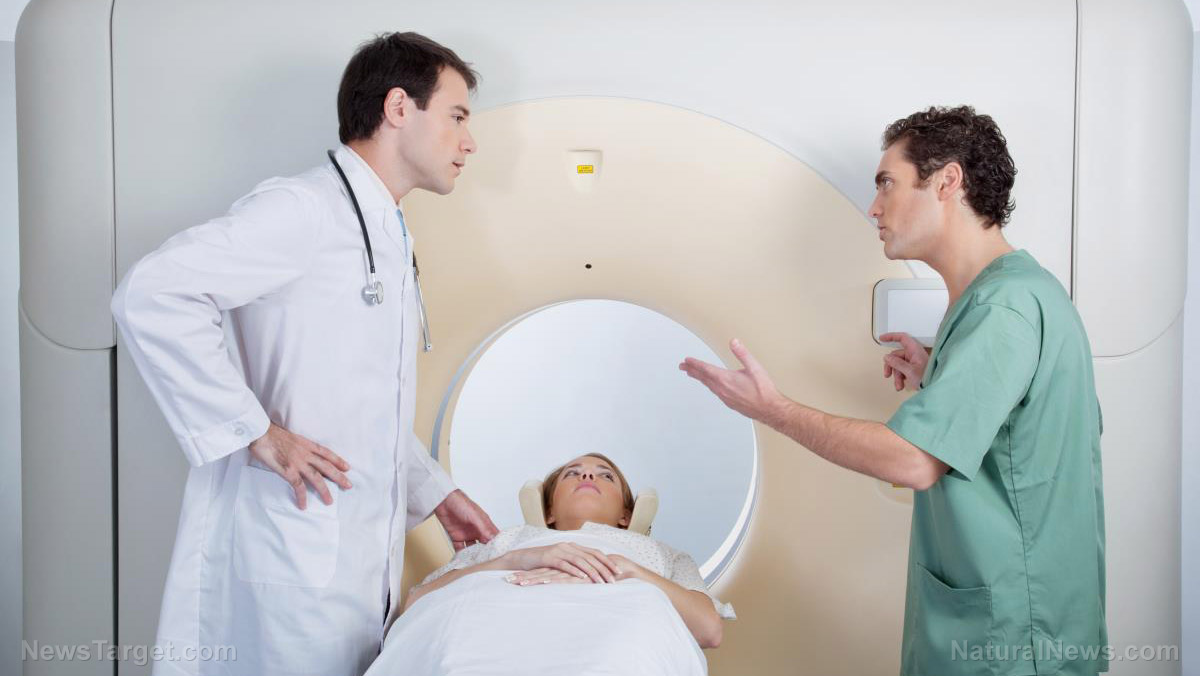Alarming reversal: UCSF study reveals vaccinated 6x more likely to be hospitalized than unvaccinated
04/21/2025 / By Willow Tohi
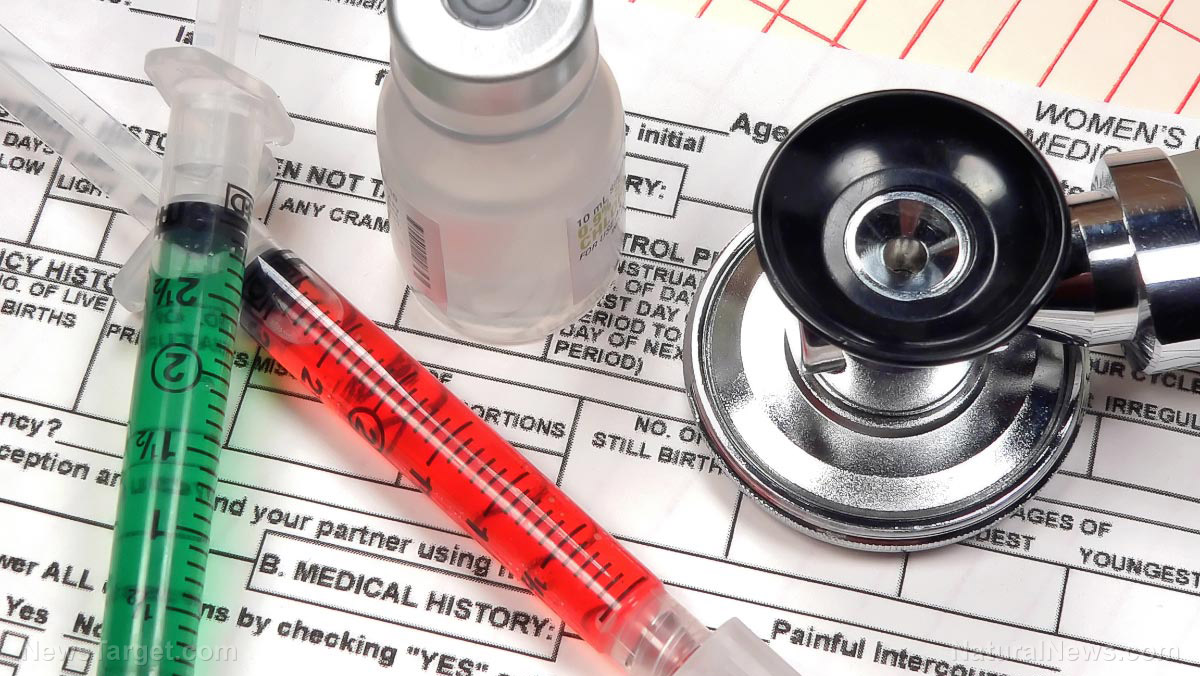
- A UCSF study found vaccinated, COVID-naïve individuals were 5.8 to 7.2 times more likely to be hospitalized than unvaccinated people with prior infection. The data challenges previous claims that vaccines reduce severe outcomes, suggesting instead a higher risk for the vaccinated group.
- The findings are highly statistically significant (p-value 4e-15), making chance an unlikely explanation. Critics question why such risks weren’t detected in clinical trials, calling the oversight a “broken” system.
- Though indirect, modeled estimates suggest vaccinated individuals may be 3 to 6 times more likely to die than their unvaccinated peers. Concerns about cardiovascular and neurological complications linked to vaccines add weight to the findings.
- Public health messaging previously framed vaccines as low-risk and essential, while the study suggests the opposite for certain groups. Delayed publication (two years post-rollout) has fueled accusations of data suppression and eroded institutional trust.
- Critics demand reexamination of vaccine policies, citing ethics, informed consent and natural immunity. The study underscores the need for independent research, transparency and candid dialogue to rebuild public trust in health institutions.
A groundbreaking study from the University of California, San Francisco (UCSF), published April 18, 2025, has upended conventional wisdom about the risks associated with the COVID-19 vaccine versus the risks of the virus itself. The preprint research, led by Dr. Bhargava, found that vaccinated individuals who were previously uninfected (COVID-naïve) faced a 6-fold higher risk of hospitalization compared to unvaccinated people who recovered from the virus. The study’s startling findings — validated by highly statistically significant data — challenge longstanding recommendations for vaccines and raise urgent questions about public health messaging, transparency and vaccine safety.
“The cure is worse than the disease”: Study details and implications
The study’s authors analyzed data from nearly 30,000 participants, comparing hospitalization rates among two groups: vaccinated individuals with no prior infection and unvaccinated individuals who had recovered from COVID-19. The results were stark: Vaccinated people had a 5.89 risk ratio (RR) for hospitalization, with a 95% confidence interval of 4.80 to 7.22, meaning those in the vaccinated group were 5.8 to 7.2 times more likely to be hospitalized than the unvaccinated group.
“This didn’t happen by chance,” emphasized Steve Kirsch, an early pandemic advocate and critic of vaccine policies, who reviewed the study. “The odds [p-value of 4e-15] are astronomical, and the effect size is monstrous. The medical community needs to explain why a signal this huge didn’t surface in clinical trials.”
The findings also suggest potential mortality consequences. Although the study’s mortality data is imputed through modeled estimates, the report cites an analysis by ChatGPT, a language model, which inferred vaccinated individuals may have been 3 to 6 times more likely to die than unvaccinated peers with similar exposures. This conclusion, while indirect, underscores concerns about adverse events linked to the vaccine, such as cardiovascular and neurological complications, which have raised alarms in prior research.
A turn in the tide: Shifting risk perceptions
The paradigm shift revealed by the UCSF study contradicts earlier messaging that emphasized vaccines as the primary defense against severe outcomes. Public health authorities and media outlets repeatedly promoted vaccines as reducing hospitalization and mortality risks. However, the new data suggests precisely the opposite for a significant segment of the population:
- Vaccinated individuals (naïve to infection): 6.24% hospitalization rate.
- Unvaccinated individuals (post infection): 1.06% hospitalization rate.
“This is a train wreck,” Kirsch added, noting that the “cure” (vaccination) has now proven far more dangerous than the disease. The analysis further highlights that while uninfected people might avoid infection altogether, vaccinated individuals “locked in” a guaranteed risk of 6.24%.
Historically, vaccine policies in 2020–2022 framed the shot as virtually risk-free and vital to ending the pandemic. By contrast, studies like this — one of the first large-scale efforts to compare vaccinated vs. unvaccinated post-infection outcomes — suggest a severe blind spot in risk assessment.
Criticism loosens: Calls for accountability and transparency
The UCSF study’s revelations have already drawn scrutiny from medical professionals and health advocates. Dr. Jane Orient, executive director of the Association of American Physicians and Surgeons, questioned the ethics of current vaccination campaigns in a statement to The Epoch Times:
“I do not understand how a physician dedicated to patient care would interpret this data as grounds for endorsing additional shots.”
Critics argue the findings are particularly damning because the initial clinical trials, which guided early vaccine rollouts, failed to detect the now-evident risks. “How could a trial estimate this?” asked Kirsch. “The signal is too loud to ignore. The system is broken.”
Public trust in institutions has further eroded as details of the study’s publication date — a full two years after mass vaccination began — surface. The CDC and major media outlets, Kirsch noted, “were silent on this data despite its implications.” The delay has sparked accusations of suppression, particularly as similar UK studies begin to corroborate increased post-vaccine hospitalizations.
A call for reassessment: Can trust be restored?
The study’s release coincides with a growing global debate about vaccine mandates, long-term side effects and informed consent. For health experts advocating for natural immunity or alternative safeguards, it serves as validation against years of stigmatization. Meanwhile, the medical establishment has largely remained silent, with some sources dismissing the paper’s preprint status without offering alternative explanations.
As researchers like Dr. Bhargava continue to test the data’s validity, the implications for public health are profound. The report’s authors emphasize the need for rigorous follow-up studies and an immediate reevaluation of vaccination strategies.
“This isn’t just about the past,” Kirsch concluded. “It’s about the future. If we can’t trust the frameworks that prioritize health decisions, then the [Hippocratic Oath] is a joke, and the public deserves better.”
Final word: A crossroads in health policy
The UCSF study forces policymakers, doctors and the public to confront uncomfortable truths about risk, transparency and the limits of clinical certainty. As debates over vaccine efficacy and trust intensify, its findings underscore the urgent need for candid dialogue—one that prioritizes independent research, patient autonomy and the profound complexities of post-pandemic healing.
Sources include:
Submit a correction >>
Tagged Under:
. vaccines, Big Pharma, biological weapon, COVID, Fact Check, health science, pandemic, pharmaceutical fraud, real investigations, research, spike protein, truth, vaccine damage, vaccine injury, vaccine wars
This article may contain statements that reflect the opinion of the author






